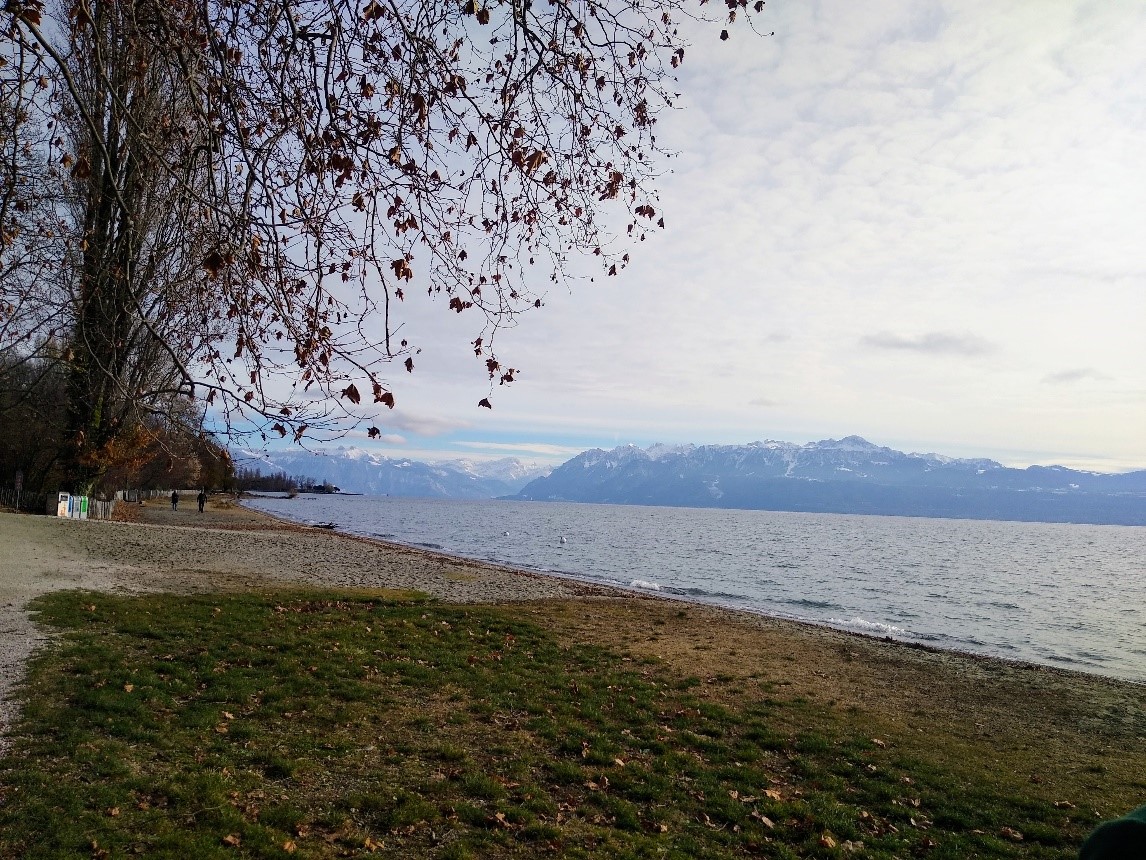Conference Report by Lucia Mair
Medical Anthropology Switzerland (MAS), 03.-04. December 2021

In early December 2021, the two-day colloquium “The Novel Stakes of Social Medicine” brought together scholars from the medical humanities, health professionals, epidemiologists and economists from across Europe, digitally and in-person, against the backdrop of beautiful Lausanne. Hosted by Medical Anthropology Switzerland (MAS) in collaboration with the Institute of Social Sciences, and the Science and Technology Studies Laboratory (STS Lab) at Université de Lausanne, the event was a critical exchange across fields on the connection between health and social justice.
In her opening statement, MAS co-president Sandra Staudacher (University of Basel) highlighted medical anthropology’s relevance as an engaged discipline in the current COVID-19 pandemic, inviting a “twist” and interrogation of the broad concept of social medicine from an anthropological perspective. Organizers Nolwenn Bühler (UNIL & IUFRS), Janina Kehr (University of Vienna) and Nils Graeber (UNIL & Unisanté) followed by focusing on local examples – Switzerland, Spain and Cuba – to introduce key questions for the colloquium: which assumptions of medicine, the ‘social’, ‘care’ and ‘community’ underlie our discussions on, and collaborations in, social medicine? Who is social medicine for? And how might our answers to these questions relate to contemporary stakes, such as climate change, vaccine nationalism and economic rationalization?
An array of disciplinary viewpoints led to lively talks across five quick-paced sessions, varying in scope: from social medicine’s history to the significance of cross-disciplinary education and collaboration, and the challenge of bias among healthcare practitioners based on gender, sexual orientation and migration status. A first highlight was Patrick Bodenmann’s keynote, chief of the Department of Vulnerabilities and Social Medicine at Unisanté, who made a compelling case for social medicine as a key framework to address health inequities not only for marginalized groups, but for everyone in “a society of diversity”.
Beyond the interpersonal and community level, several talks explored socio-technical transition and environmental change as two pressing challenges to the achievement of social justice through medicine and health practices. Questions of boundary and scale were also central to Michelle Pentecost’s (King’s College London) fascinating keynote lecture on “The Future of Social Medicine”, in which she made listeners think twice about existing assumptions on history and present, the ‘here’ and ‘there’ of social medicine within global health.
The two days can be summed up with a quote of anthropologist Rose-Anne Foley (HESAV), which became a recurrent theme: the shared recognition of the importance of “making worlds meet” as a way of continuing to critically re-think global health through social medicine.
Lucia Mair, MD, MSc is a PhD candidate at the Social and Cultural Anthropology department of the University of Vienna, currently researching emergent forms of care in neighbourhood health projects in urban Europe. Her other interests include global and planetary health; gender medicine; and the role of housing in health.